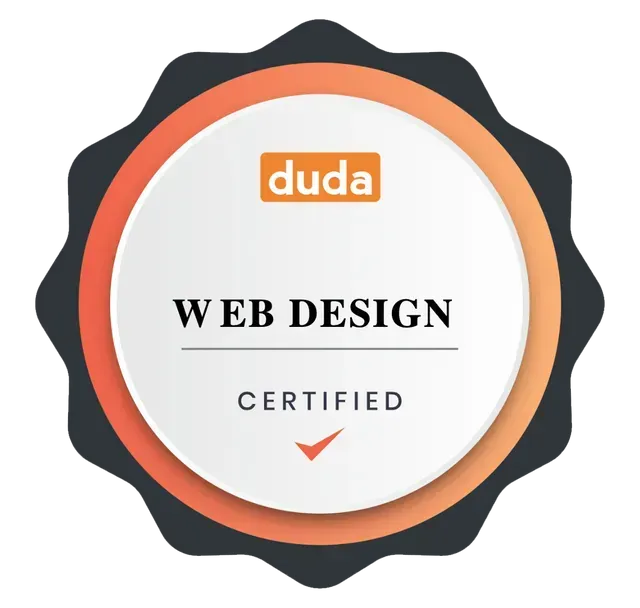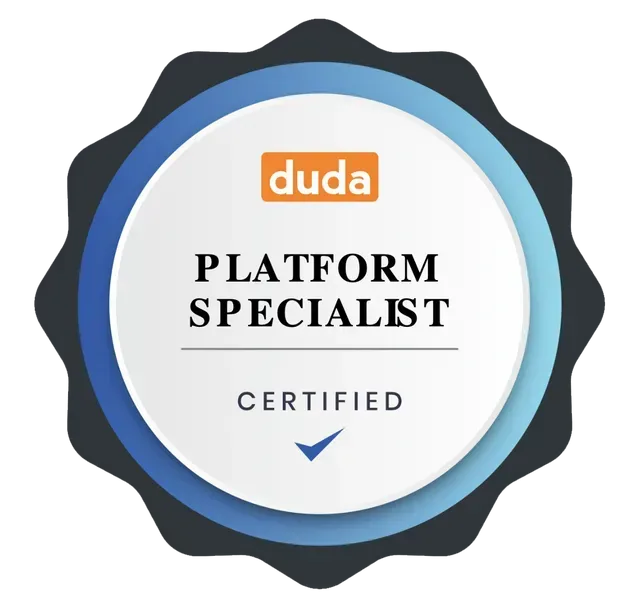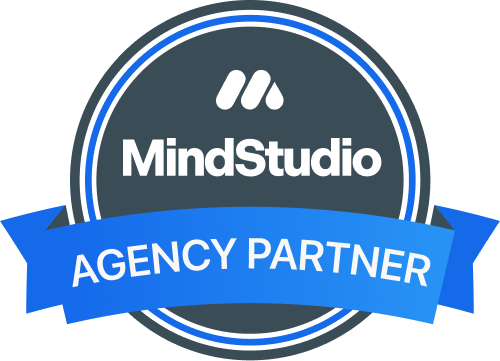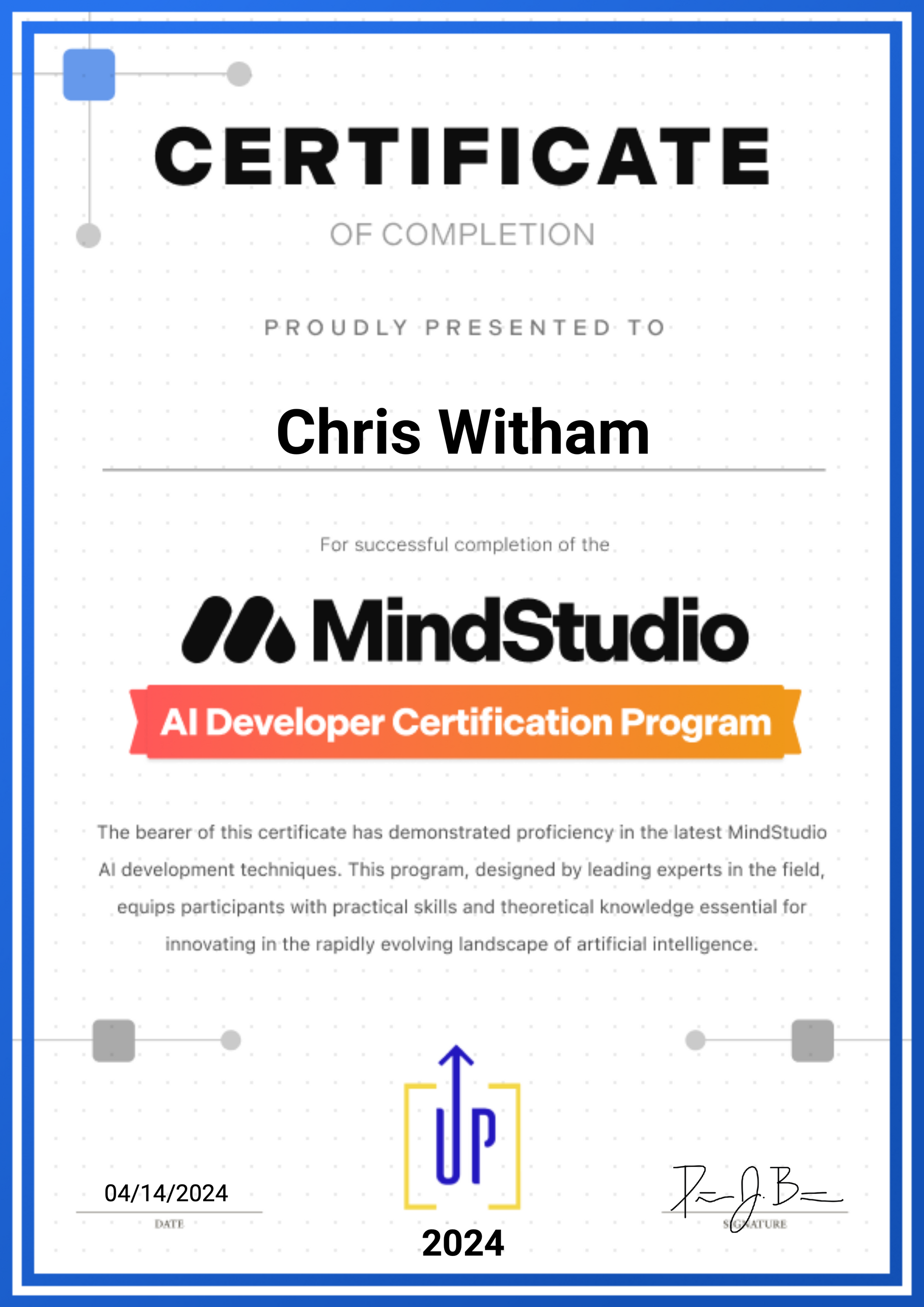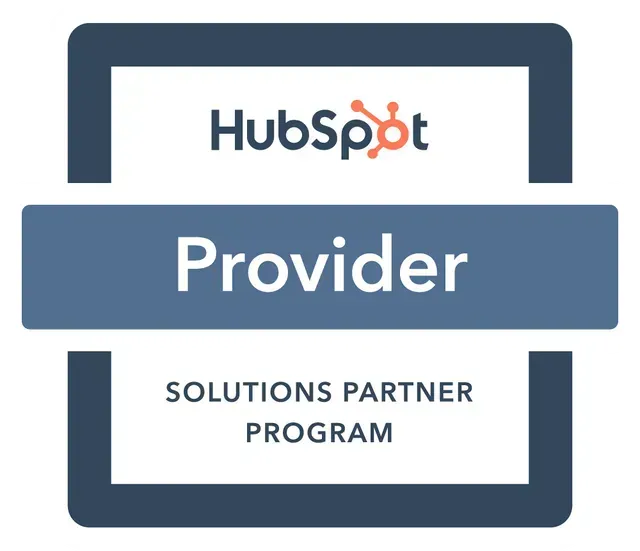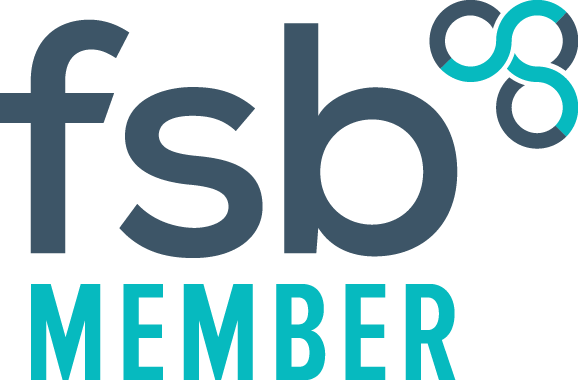Have questions? Contact Chris today for a chat about how we can help you
AI for Breakfast
Post 56 - Using my custom built GPT
Today we are back to my custom GPT on OpenAI. Having adjusted the core prompts I think it's starting to create some useful content in a format I'm almost happy with. I think it will be a constant process of adjusting here and there and I also think I will most like ly end up using different AI tools depending on what I'm trying to achieve.
The aim here is to create content that will be useful in some way to my target market which is small business owners like myself.
If not anything else it will at the very least provide food for thought about how you might want to integrate AI tools into your business. If that's the case then all is well and if you need any help just let me know.
I do not proclaim to be an expert however I have been integrating and experimenting with AI for sometime now, and I have two AI platform paid accounts, so there's commitment!
Demystifying AI for SMEs: Practical strategies for harnessing its power
As a small business owner, you’ve likely heard about artificial intelligence (AI) and its potential to transform industries. But amidst the jargon and the tech-speak, what does AI really mean for small to medium-sized enterprises (SMEs)? Let’s break it down and explore some practical strategies to harness its power in your business.
Understanding AI in simple terms
At its core, AI involves using computer systems to perform tasks that typically require human intelligence. This includes understanding natural language, recognising patterns, making decisions, and more. For SMEs, this means leveraging technology to do more, in less time, and often with greater accuracy.
Practical strategies for SMEs
Automate routine tasks: From scheduling meetings to sorting emails, AI-powered tools can automate a plethora of mundane tasks. This frees up valuable time for you and your team to focus on more strategic activities.
Improve customer service: AI chatbots can provide your customers with instant responses at any time of the day. They can handle a wide range of queries, improving customer satisfaction without the need for round-the-clock staff.
Enhance marketing efforts: AI can analyse data to predict customer behaviour and personalise marketing messages. This means more targeted campaigns that resonate with your audience and yield better returns on investment.
Streamline HR processes: AI can assist in sifting through applications to identify the most promising candidates, making the recruitment process more efficient and less biased.
Optimise inventory management: Predictive analytics powered by AI can forecast demand, helping you manage your stock levels more effectively and reduce overhead costs.
Getting started
Identify your needs: Begin by pinpointing areas in your business that could benefit from automation or enhanced efficiency.
Do your research: Look into AI solutions that fit your specific requirements. There are plenty of options designed with SMEs in mind.
Start small: Implement AI tools in phases. Starting small allows you to measure effectiveness and make adjustments as needed.
Facing challenges
While integrating AI can offer numerous benefits, it’s not without its challenges. These can include the costs of implementation, the need for training, and ensuring data privacy and security. However, with careful planning and the right support, these hurdles can be overcome.
In conclusion
AI is not just for tech giants. With the right approach and tools, small businesses can harness AI to improve efficiency, enhance customer service, and drive growth. It’s about making technology work for you, allowing you to focus on what you do best—running your business.
LucidSynergy Ltd.,
7 Forbes Business Centre
Kempson Way
Bury St Edmunds
Suffolk
IP32 7AR
Occasional Newsletters
We will get back to you as soon as possible
Please try again later
© 2025 LucidSynergy Ltd. Registered in England and Wales No.7080913.

